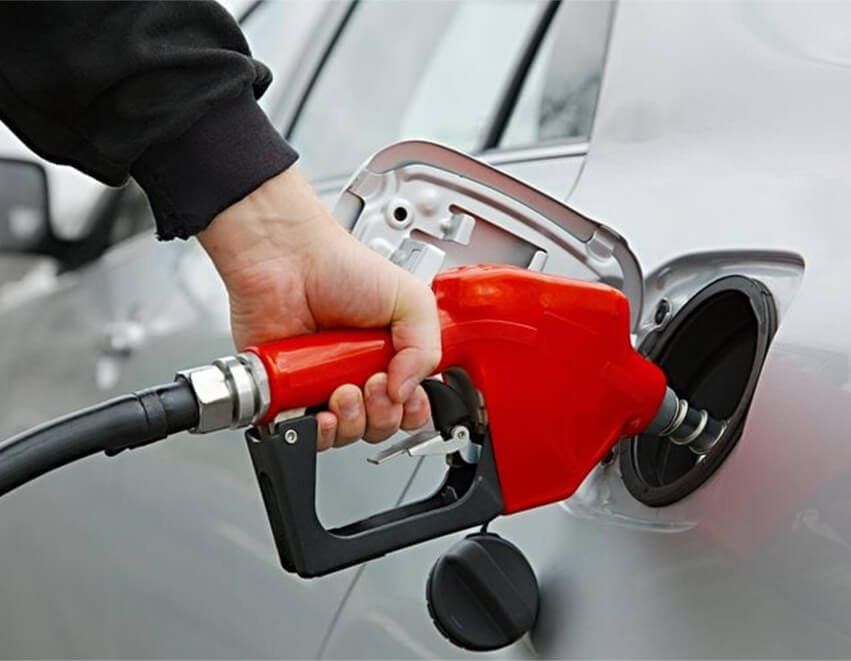From filter media type and capacity to flow rate and additional features like water separation, making the right choice is crucial for engine protection and performance.
As a diesel owner, you know fuel filter maintenance is crucial for reliable performance and engine protection. But with so many filter options out there, how do you ensure you’re getting the right one? Choosing wisely is important – you don’t want subpar filtration giving contaminants an open door to your injectors.
Key issues to watch for:
From heavy-duty trucks and machinery to passenger pickups and SUVs, every diesel has unique filtration needs. This article will outline some important considerations when selecting the right diesel fuel filter!
Here’s what to look for to make sure your fuel filter purchase hits the bullseye:
The heart of any fuel filter is the media itself – the material that captures contaminants as the fuel passes through. Common options include:
The smaller your injector nozzle holes and clearances, the finer filter media you’ll want – simple as that. Always look for more filtration capability.
Bigger diesel rigs and heavy equipment with larger fuel tanks need filters with higher capacities and contaminant holding ability to ensure longevity between changes. Pickup trucks and compact diesels can get by with lower capacities.
Check your filter’s dirt holding capacity rating (in grams) to see how much contamination it can handle before excessive restriction occurs. More is better, especially if operating in dusty, dirty environments.
Of course, diesel fuel filters need to provide a sufficient flow rate to keep up with your engine’s demand and avoid fuel starvation. This is especially critical for high-output machines and turbocharged diesels.
Rule of thumb – match the filter’s rated flow capacity to your diesel’s actual fuel delivery specs, with 20% extra as a safety buffer. Restricting flow is a surefire way to experience rough running, surging, and poor throttle response.
Finally, consider any accessory features you may need like water separation capability. Diesel can accumulate water condensation in the fuel tank, so having a filter that coalesces and drains, it provides vital protection.
Some filters even add extras like fuel heating elements to prevent waxing and improve cold-weather performance. Accessories can sweeten the deal if you’ll put them to good use.
There’s no one-size-fits-all diesel fuel filter option. Carefully consider your specific engine’s requirements, operating conditions, and maintenance schedule. Spending a bit more for higher-quality media and better capacity pays dividends in peace of mind and prevention of catastrophic repairs.
For truck and automotive needs, put your trust in the diesel fuel filters carried by the filtration experts at Aocheng Group. Our tenured industry experience ensures you get only top-quality filters purpose-built to protect all diesel applications. Keep that fuel flow contaminant-free!




